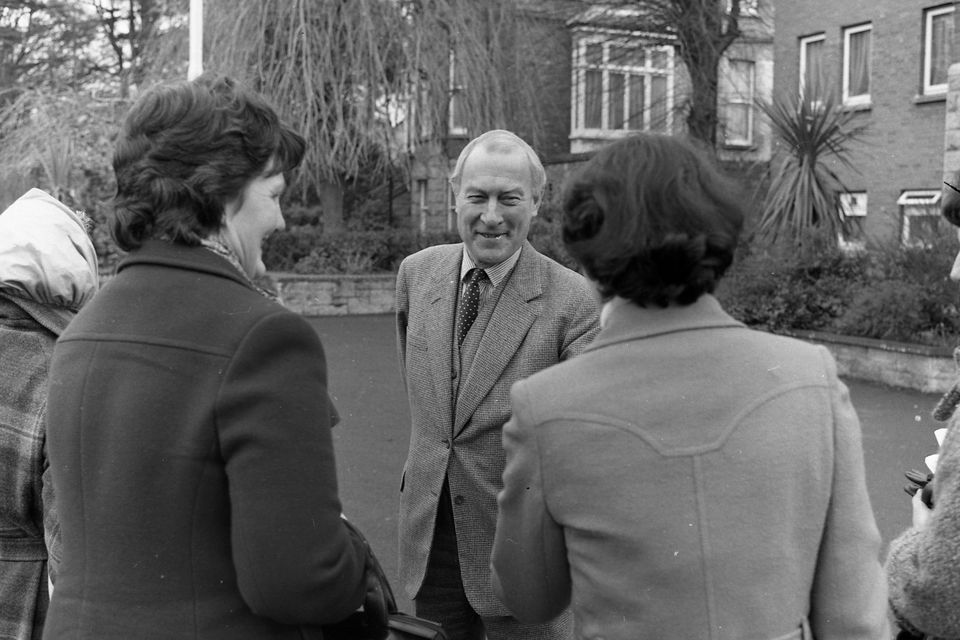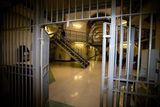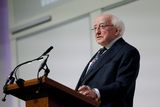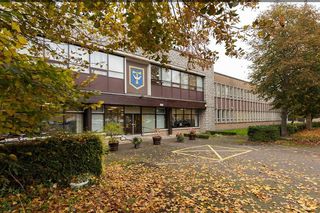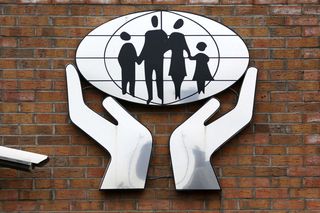Obituary: Former British Ambassador to Dublin Leonard Figg
Charles Lysaght recalls a gracious man who was British Ambassador in Dublin during the Falklands invasion
Leonard Figg
Sir Leonard Figg, who has died in England at the age of 91, had the misfortune to be British Ambassador in Dublin between 1980 and 1983 when, in the wake of the hunger strikes in Northern Ireland and the British invasion of the Falklands Islands, relations between the British and Irish governments reached a low ebb.
When I first got to know him, shortly after his arrival, he surprised me by his total lack of sympathy for the Ulster Unionists and his high hopes of Charles Haughey, the new Taoiseach, as a man with whom they could do business. This, I learned, reflected the new thinking of the Foreign Office and of Foreign Secretary Lord Carrington, a neighbour in Buckinghamshire to whom Figg owed his appointment.
They viewed Northern Ireland as an embarrassment with which they were saddled and would be glad to be rid of. Republicans (and some fellow travellers) misread this as indicative that the British would withdraw if there was enough pressure, just as the Argentine junta misread a similar Foreign Office attitude to the Falklands when embarking on their invasion in 1982.
It was this latter episode that finally shattered the high hopes Figg and his masters had of Mr Haughey in the wake of his successful meetings with Mrs Thatcher. When the Irish government withheld support from the British expedition to retake the Falklands, Figg reported back, blaming Haughey personally, adding that Foreign Minister Gerard Collins was a "mere cypher".
"Haughey wants to protect his precarious Dail majority and to be seen as an international statesman," Figg remarked, adding that while few Irish people knew where the islands were, they identified with the Argentinians as fellow victims of colonialism.
Educated at Charterhouse and Trinity College Oxford, Figg served in the Royal Air Force during the World War II before joining the Foreign Office. A gracious, straightforward man in the conventional squirearchical mould, he was much appreciated by the Anglo-Irish community, many of them war veterans, who identified with the British embassy and constituted a large proportion of those entertained there.
One casualty of the Falklands war was the abandonment of consultations between the British and Irish governments on Northern Ireland. Figg served through 1983 when Garret FitzGerald was taoiseach; contacts were renewed, but he seems not to have been much involved.
Retiring to his home in Buckinghamshire, he became chairman of the local Conservative Party. He retained an Irish connection as a member of the Council of Co-operation North. He was a vice chairman of the British Red Cross.
In 2007, an invitation from Prime Minister Gordon Brown to him and other local landowners to a reception at Chequers provoked protests from local Labour party activists who had never been invited there. "At least I'll get a drink out of him" Figg told a reporter, "which is more than I got from his predecessor."
He was predeceased by his wife and is survived by three sons.
Join the Irish Independent WhatsApp channel
Stay up to date with all the latest news
